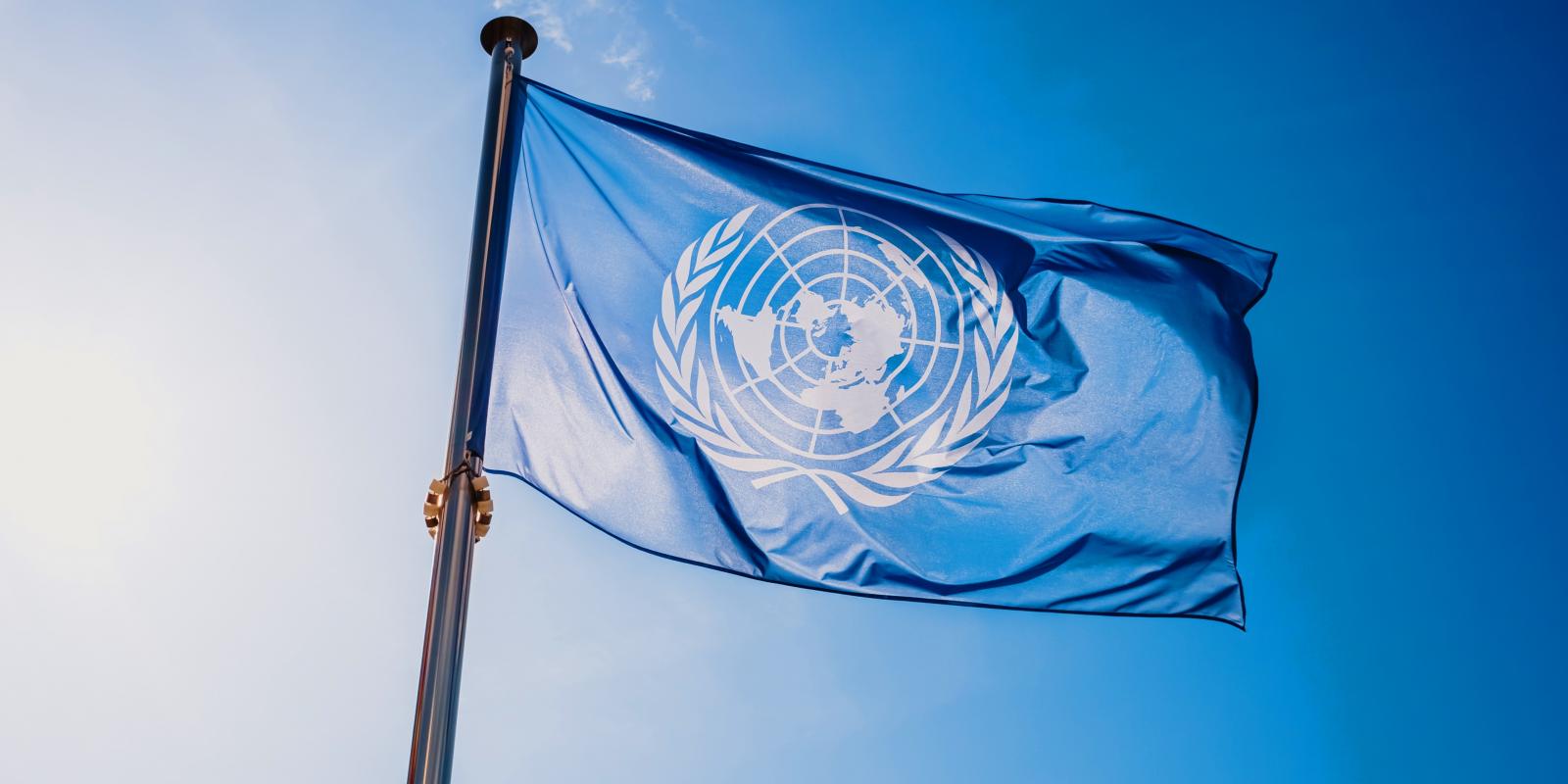As the Ministerial Conference on Ageing, part of the U.N. Economic Commission for Europe, is meeting this week Rome, we are renewing our call for the adoption of a United Nations Convention for the Rights of Older Persons. Six leading national organizations on aging sent the letter below asking the U.S. Ambassador to the U.N., Linda Thomas-Greenfield, to take steps for drafting this Convention.
Why do we keep bringing this up? Because a U.N. Convention would enshrine the rights of older people as the human rights they are in the countries that would ratify it. A U.N. Convention is not just words on paper: those words gain the force of law. Even if change for the better is slow, it does happen, like it did with the Convention on the Rights of the Child, which increased rates of inoculation and brought better education to millions of children.
Older adults are an increasing share of world population. We need to make sure our rights are protected as we all age. The time for action is now. See the letter below:
To: H.E. Linda Thomas-Greenfield
United States Ambassador to the United Nations
799 United Nations Plaza
New York, NY 10017
From:
- Ramsey Alwin, President and CEO, National Council on Aging
- Bob Blancato, Executive Director, National Association of Nutrition and Aging Services Programs
- Cindy Cox-Roman, CEO, HelpAge USA
- Lindsay Goldman, President, Grantmakers in Aging
- Peter Kaldes, President and CEO, American Society on Aging
- Katie Smith Sloan, President and CEO, LeadingAge; Executive Director, Global Ageing Network
Date: June 14, 2022
Subject: UN Convention on the Rights of Older Persons
Dear Madam Ambassador,
We are writing this letter to urge the United States to support the adoption of a United Nations Convention on the Rights of Older Persons. We represent leading organizations on aging in the United States and we think only a Convention can properly ensure that aging with dignity is a right, not a privilege.
For over 10 years, global leaders and advocates on aging have been calling for a Convention on the Rights of Older Persons. The U.S. government either did not take a position or actively opposed it. We would like to acknowledge and thank the U.S. Government for not blocking the continued work of the Open-Ended Working Group on Ageing (OEWGA) and for its active participation in OEWGA. We also thank the U.S. Government for joining the core group for the establishment of an intersessional working group of Member States to prepare a draft text determining the main gaps in the international human rights system for older persons.
So many things are stacked against older adults both in the United States and worldwide. After more than two years, COVID-19’s disruptive forces are still being felt around the globe, but no group has borne the pandemic’s burden like older adults. Three quarters of COVID-19 deaths in the United States have been among people over the age of 65—a group that makes up just 16.5% of our population. Death rates were so high in 2020 that the U.S. life expectancy declined by nearly two years. As of May 2022, a staggering 746,301 Americans aged 65 and older have perished from it.
In the United States, many older adults are subject to discrimination, abuse, or other forms of ageism. They’re often dismissed by healthcare providers, resulting in poor or delayed healthcare, avoidable illness, and death. Some older Americans are forced to stop working jobs they love and need due to the discriminatory notion that they’re “too old” to perform well. They may be stripped of their right to make decisions about matters directly affecting them and can be compelled to live in settings that deny them autonomy and choice. They can be targets of verbal, sexual, physical, and financial abuse.
Additionally, because ageism compounds other forms of individual discrimination and increases structural and systemic inequities, not having a convention on the rights of older persons may be undermining all of the other conventions such as the Convention to Eliminate All Forms of Discrimination Against Women (CEDAW) and the Convention on the Rights of Persons with Disabilities (CRPD).
We are sending this letter just as the Ministerial Conference on Ageing, part of the U.N. Economic Commission for Europe, is meeting in Rome next week to mark the 20th anniversary of the adoption of the Madrid International Plan of Action on Ageing and its Regional Implementation Strategy (MIPAA/RIS).
NCOA assisted the Administration on Community Living at the U.S. Department of Health and Human Services (ACL) in compiling the latest US report on the implementation of MIPAA/RIS. Some suggest this report is effective in guaranteeing equality and dignity of older people in countries around the world. However, MIPPA is not a legally binding instrument, which is what we need to secure the rights of older adults. The Ministerial Conference on Ageing would be the perfect opportunity for the United States to show strong support for a U.N. Convention.
A convention would codify the rights of older adults in a single document, helping to both empower and protect these populations. Ratifying nations (or member states) would be required to adopt laws, policies, and practices to combat ageism and discrimination while promoting equity and autonomy for older adults.
Worldwide, the proportion of the population over 60 years will nearly double from 12% to 22% between 2015 and 2050, reaching 2.1 billion.
The time to lay the international foundation for aging with dignity is now.
Respectfully,
Ramsey Alwin, Bob Blancato, Cindy Cox-Roman, Lindsay Goldman, Peter Kaldes, Katie Smith Sloan













